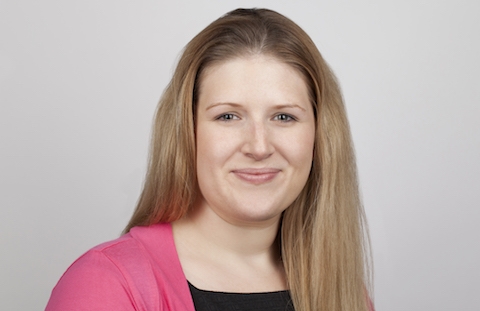As I write this, I wonder if I’m about to embark on an article regarding a delicate subject.
I read an article recently about the development of a women-only financial planning service.
My inner feminist thinks this is a brilliant idea – something created by women, purposely for women – what’s not to love? There’s no denying that women are just as capable at delivering suitable advice for clients as men.
However, there’s a part of me - the part that works in Financial Services – that read this article with mixed emotions.
It would be a great shame if we have got to a point where women feel they would only want to take advice from another woman.
I know this doesn’t apply to everyone – in my own experience, lots of women are happy to deal with a male adviser, even those ladies who have sensitive planning needs like divorce or a bereavement. In some relationships, financial responsibilities have been unequally shared and I’m not sure that someone looking for help to deal with their complex financial arrangements would have the gender of the adviser at the top of their list of requirements.
This article got me to thinking. There are definitely times when I might prefer to see a female professional, but for my Financial Planning? I would have no preference.
Gender has nothing to do with what makes a good Financial Planner. The core skills can be possessed by anyone, but if a client has a preference for only a female (or male) adviser, they narrow down their list of people who are most suited to helping them.
My advice to the public would be to firstly find someone who is qualified, capable and confident that he or she can add value to your planning.
That they have experience in helping clients meet their objectives – whatever they may be. I hope that clients, first and foremost, would look for an adviser they trust and that they are happy to pay! If a female adviser is your preference, you can apply that filter once all of the other conditions have been met.
There must be demand for a ‘female only’ advice service or established firms wouldn’t be offering it, so I did some extra research into the subject.
Results of several surveys by large financial institutions suggest that women are less confident, less able to save and are more unprepared for retirement.
This research forms the basis of the so called ‘gender investment gap’. Results indicate that men are more prepared to seek advice and put their finances in order than women might be.
Perhaps having access to more female Financial Planners will encourage these ladies to get their financial house in order.
Or maybe we should all, as a profession, encourage more ladies to seek general financial advice – from a competent adviser of any gender. After all, research shows that they are the ones who need the advice the most.

